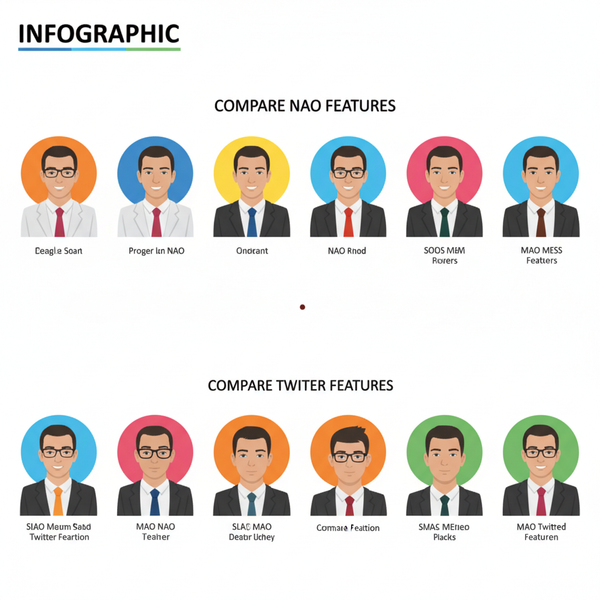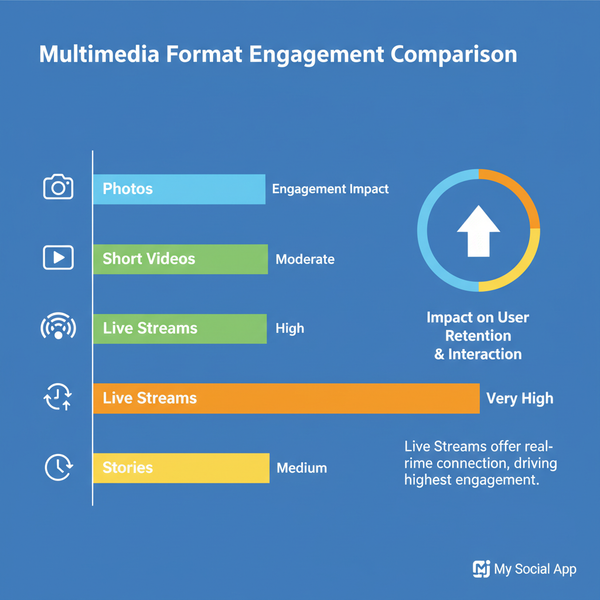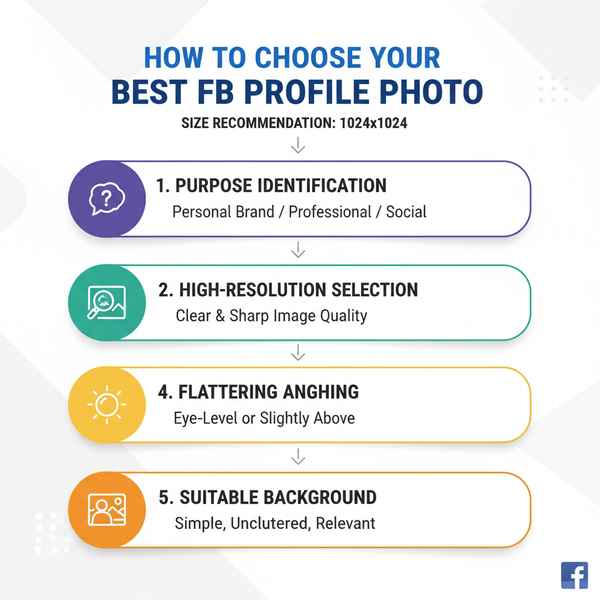Linking Social Media Accounts for Cross-Platform Growth
Learn how to link social media accounts for cross-platform growth with native features, third-party tools, consistent branding, and security tips.

Linking Social Media Accounts for Cross-Platform Growth
In today’s competitive digital landscape, linking social media accounts is no longer optional—it’s a powerful way to grow your presence across multiple platforms. By connecting profiles and coordinating posts, you can reach wider audiences, save time, and ensure your brand messaging stays consistent and recognizable. This article will walk you through the benefits, native linking options, third-party tools, branding strategies, and security considerations for cross-platform growth.

---
Understanding the Benefits of Linking Social Media Accounts
Linking accounts delivers more than convenience—it can accelerate growth when done strategically:
- Cross-Platform Growth: Followers from one platform can discover you elsewhere, building brand awareness.
- Time-Saving: Post once, distribute across different channels without repetitive work.
- Consistent Branding: Cohesive messaging and visuals across all touchpoints.
- Centralized Management: Manage content and engagement from one interface.
---
Common Platforms You Can Connect
Many mainstream platforms offer native or third-party linking features:
| Platform | Linking Options | Best Use Cases |
|---|---|---|
| Connect to Instagram, cross-post to Twitter | Community building, content archiving | |
| Connect to Facebook, share to Twitter, cross-post Stories to Facebook | Visual branding, product showcasing | |
| Twitter/X | Connect to Facebook and Instagram via third-party tools | Real-time updates, trending engagement |
| TikTok | Link to Instagram and YouTube in profile | Viral short videos |
| Limited native linking, best through scheduling software | B2B connections, professional updates | |
| YouTube | Link to Instagram, Twitter via profile links | Long-form video promotion |
---
Checking Native Linking Options in Each App
Start by exploring built-in linking features before relying on external tools:
- Facebook & Instagram: Manage both via Meta Business Suite.
- Twitter/X: Add other social handles in your bio.
- TikTok: Include clickable Instagram and YouTube links in your profile.
- LinkedIn: Add social links in profile info.
- YouTube: Use the “About” section and channel banner for external links.
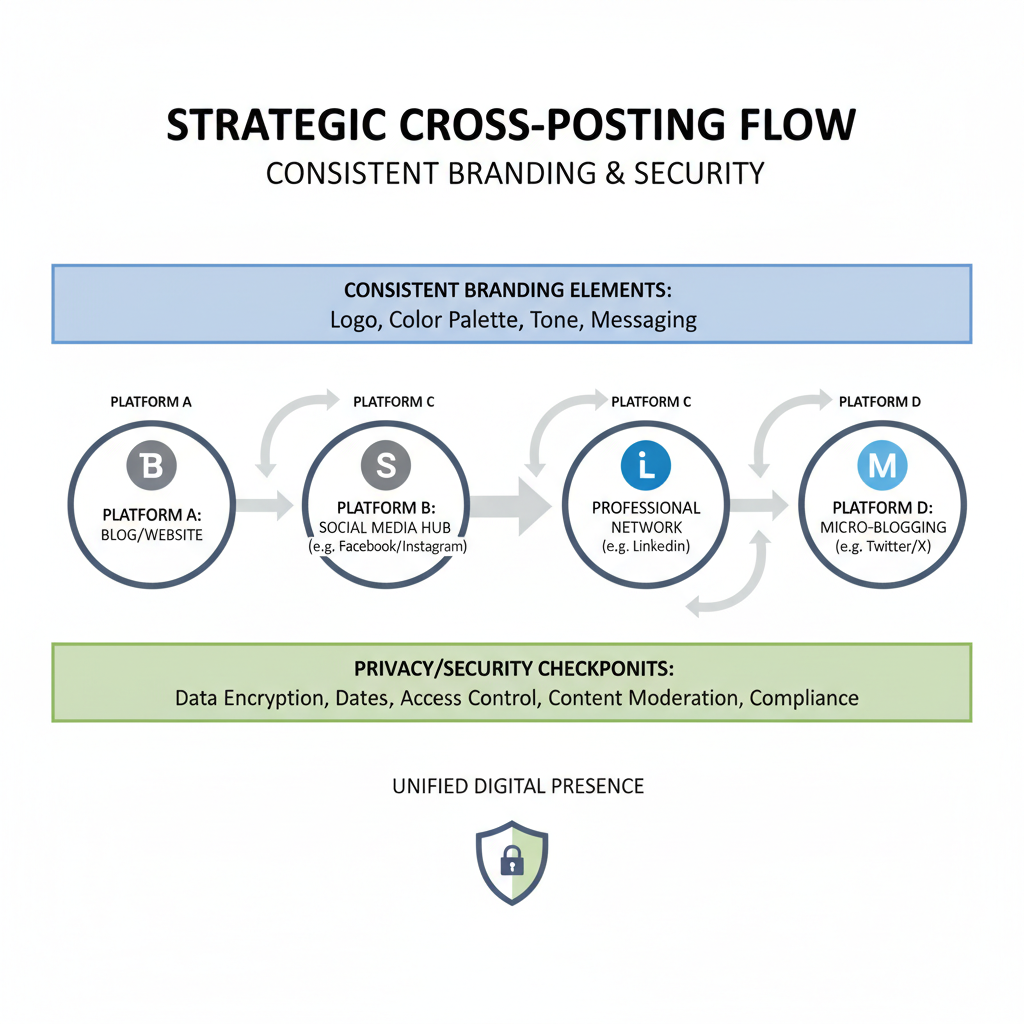
---
Third-Party Scheduling & Management Tools
Robust linking often comes through external services:
- Buffer: Schedule posts and track analytics across platforms.
- Hootsuite: Multi-platform management with engagement tracking.
- Later: Ideal for visually focused networks like Instagram and Pinterest.
Example:
Buffer:
1. Connect Facebook, Instagram, Twitter, LinkedIn, and TikTok.
2. Create and schedule one post.
3. Customize hashtags for each platform before publishing.Tools like these streamline posting, help customize per platform, and preserve branding.
---
Setting Consistent Branding & Usernames
Strong brand alignment increases recall:
- Keep usernames/handles the same or similar.
- Use uniform profile images and cover photos.
- Match the tone of voice in bios across networks.
Consistency reinforces trust and makes discovering your profiles easier.
---
Strategic Cross-Posting: Adjusting for Each Network
Avoid simply copy-pasting captions; adapt for platform norms:
- Instagram: Visual focus with hashtag-rich captions.
- Twitter/X: Short, punchy, trend-relevant posts.
- LinkedIn: Insight-driven, professional messaging.
- TikTok: Engaging hooks and clear calls-to-action.
Leverage native features—Stories, Polls, Threads—for higher engagement.
---
Privacy & Security Settings When Linking Accounts
Linking introduces permission sharing:
- Review Authorization Access regularly.
- Enable Two-Factor Authentication (2FA).
- Remove Old Connections to reduce vulnerabilities.
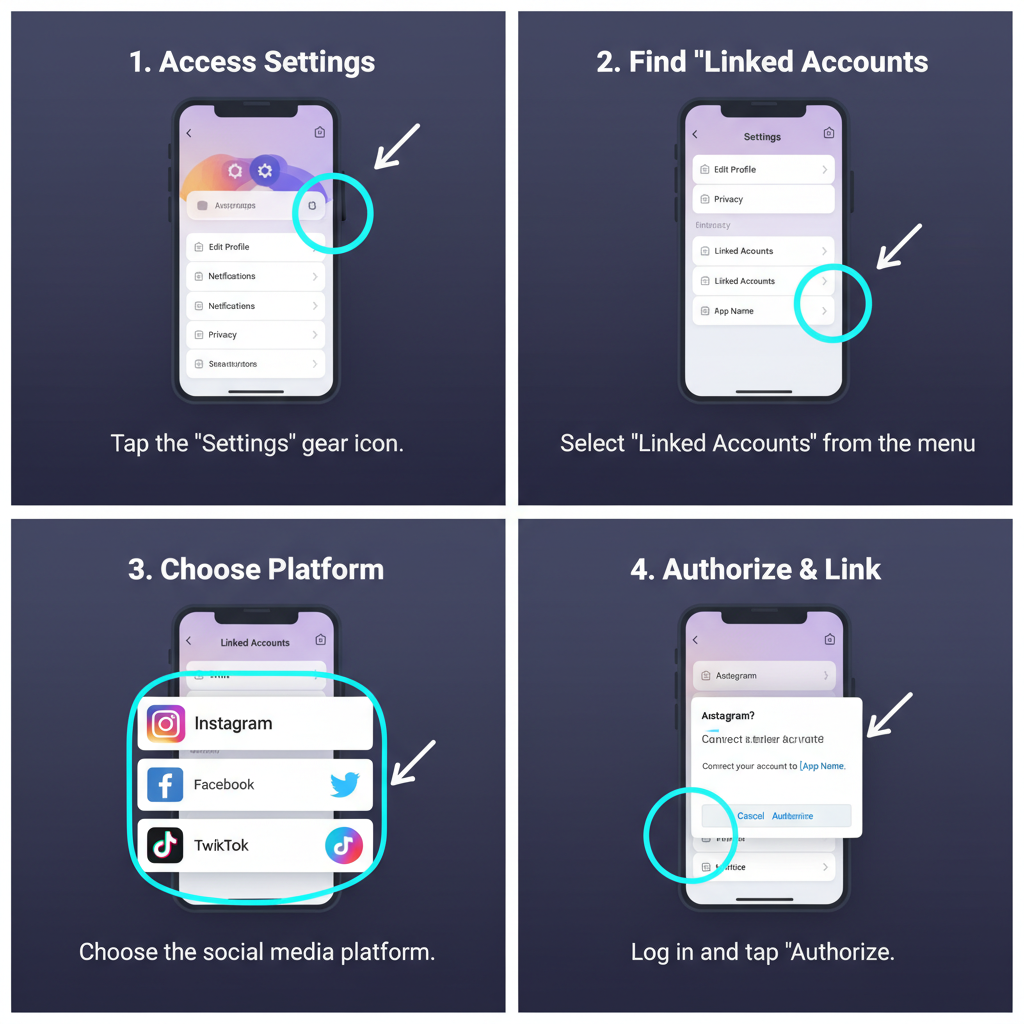
---
Tracking Engagement Metrics Across Platforms
Measure performance to refine your strategy:
- Built-in analytics: Instagram Insights, Facebook Pages, TikTok, YouTube Studio.
- Google Analytics: Use UTM parameters for link tracking.
- Third-party dashboards: Buffer, Hootsuite, etc.
| Metric | Why It Matters | How to Track |
|---|---|---|
| Follower Growth | Indicates brand reach expansion | Platform-native analytics |
| Post Engagement | Shows content resonance | Likes, comments, shares count |
| Click-through Rate (CTR) | Measures traffic acquisition from posts | Google Analytics UTM tracking |
| Conversion Rate | Tracks ROI of social campaigns | Website analytics, CRM data |
---
Troubleshooting Common Linking Issues
Fix typical link problems by checking:
- Authorization Errors: Disconnect and reconnect accounts.
- API Changes: Update tools as platforms evolve.
- Permissions: Ensure admin access to business profiles.
Quick Fix Workflow:
- Test internet connection.
- Log out/in of both accounts.
- Confirm permissions in settings.
- Contact support if unresolved.
---
Best Practices for Unlinking or Updating Connections
Sometimes unlinking is necessary:
- Backup Content before removing connections.
- Remove Access Tokens in settings.
- Notify Followers of new handles or platforms.
- Audit Links to retain only relevant, active connections.
---
Conclusion
Linking social media accounts is a strategic growth tool that, when implemented with care, can unify your online presence, extend reach, and optimize content delivery. By blending native features with third-party tools, maintaining consistent branding, customizing posts per platform, and safeguarding your accounts, you can create a cohesive multi-channel marketing ecosystem.
Take the next step: audit your current links, experiment with cross-posting strategies, and track your results to continually refine your approach—unlocking the full potential of cross-platform growth.

